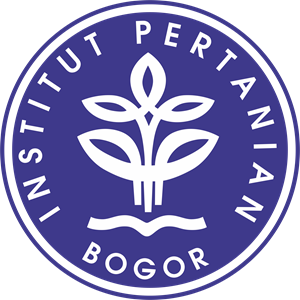Bachelor of Science Degree Program
in
Forest Management
Degree program of Bachelor Science (undergraduate program) in Forest Management has been offered since 1999/2000, which previously was one of three specialization subjects of Bachelor Science in Forestry at Faculty of Forestry of IPB-University. The degree program of Bachelor Science in Forestry itself had been offered since IPB-University was established in 1963.
Degree program of Bachelor Science in Forest Management was accredited A-grade (excellent) by Indonesia-National Accreditation Board for Higher Education (BAN PT) since 2000, and then continuing receive A-grade accreditation in 2011, and 2016.
Learning objectives:
- Entry level professional foresters who are able to apply and integrate basic natural sciences, social, economics, and policy sciences; quantitative and qualitative methods; forest techniques and sciences, which are needed for planning, organizing, governing and evaluating ecosystem-based forest management, and to produce graduates who are able:
- to continue more advance education, to do researches,
- to be public administrator of forestry and
- to be activists in development and advocacy NGOs
- to work for other professions related to forest management and forestry.
Learning outcomes:
- Explain concepts and theories of forest management in general by using concepts and theories of biology, mathematics physic, ecology, silvic, wildlife behavior, forest-watershed hydrology, forest resources planning and utilization, socio-economics, policy and institution, and formulate procedural solving problems in forest management.
- Analyze forest management problems by using integrative approach of science and knowledge of biology, physic, hydrology, forest ecology, wildlife and socio-economy-politic.
- Analyze forest management problems and formulate alternatives solutions quantitatively by applying mathematics, linear programming, and statistic.
- Write and speaks to explain complexity and tradeoffs in forest management.
- Apply sciences, knowledge, technology and technics of forest measurement, geomatics, silviculture, forest-watershed hydrology, forest resources economic, utilization, and forestry policy to develop forest and to evaluate forest resources.
- Choose and decide the appropriate-effective models and technics to formulate and evaluate forest management plans to generate benefits of forest products and benefits at a landscape scale.
- Responsible for individual jobs and team/organization works.
- Discipline and behave in accordance to applicable norms and rule-regulations.
